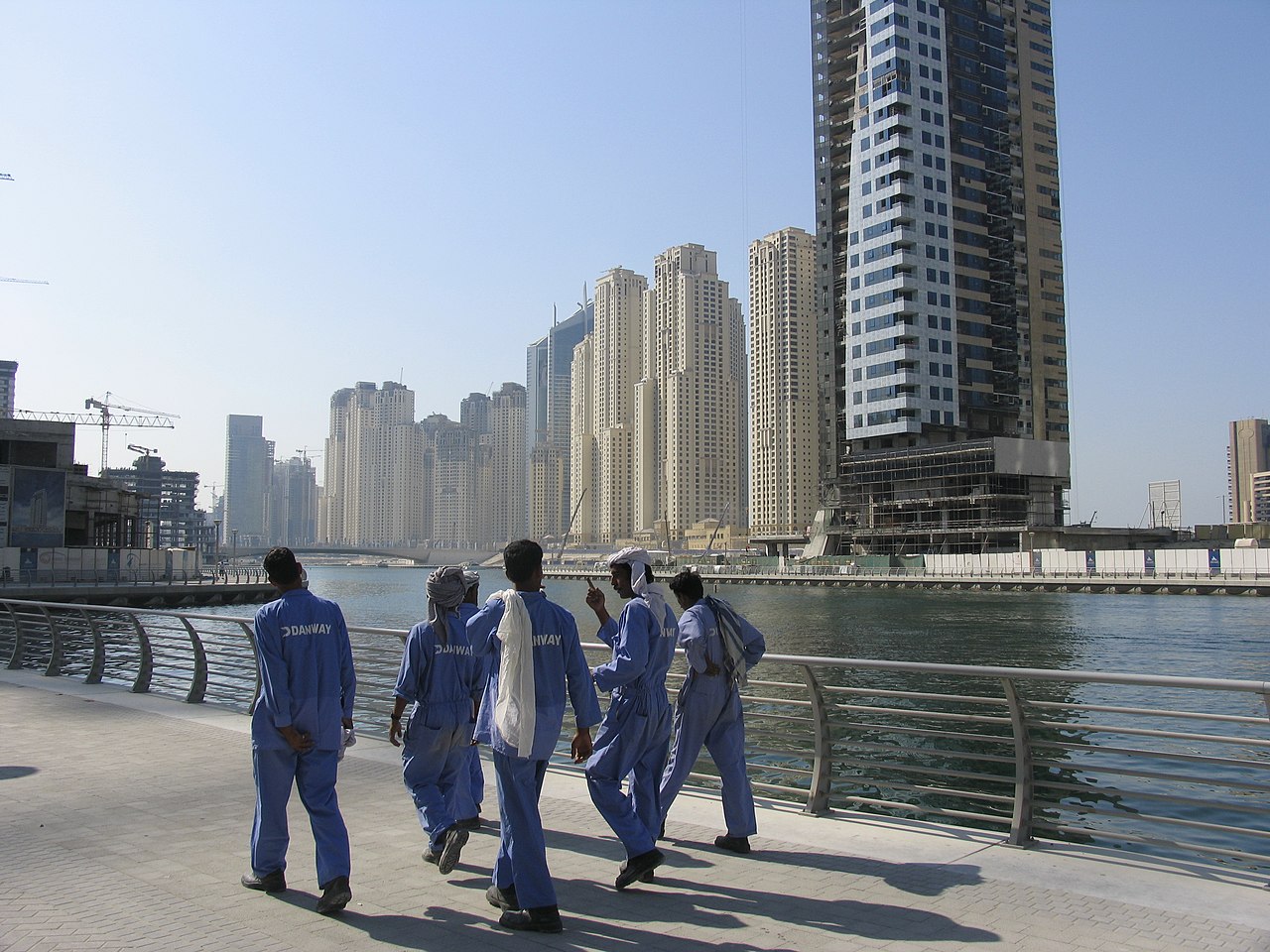Australia announces trade deal negotiations with UAE, despite human rights and labour concerns
AFTINET | 15 January, 2024
Australia announces trade deal negotiations with UAE, despite human rights and labour concerns
In December 2023 the Australian government announced the commencement of negotiations for a Free Trade Agreement (FTA) with the United Arab Emirates (UAE). Trade Minister Don Farrell has said a trade deal with the UAE would “drive Australian exports, economic growth and create more well-paying jobs across the country," but critics have highlighted that the UAE is only Australia’s 19th largest trading partner, and have said that the economic benefits are outweighed by the reputational risk Australia takes by implicitly endorsing the UAE’s poor human rights and labour practices through an FTA.
Human Rights Watch’s 2022 report outlined the poor human rights context in UAE, including new laws that further curtail freedom of assembly, continued operation of a bonded labour system for migrant workers which has been described as modern slavery, the persecution of LGBTI people and its “highly insufficient” climate action. AFTINET’s submission on a FTA with the UAE argued that Australia should not reward such violations with a preferential trade agreement.
The UAE has been employing a ‘soft power’ strategy to increase the country’s global reputation and market itself as tolerant on the global stage. It hosted the UN climate change conference, COP28, in 2023 and will host the World Trade Organisation Ministerial conference next month, and many see this, and the UAE entering into trade negotiations with Australia, as an attempt by the UAE to showcase itself as a palatable trade partner.
However, the Labor government’s policy is that trade agreements must be consistent with Australia’s social values and “provide for appropriate minimum and enforceable labour and environmental standards.” This should mean that Australia has to require at least some basic standards be met by the UAE to enter into an FTA. But some are worried that this will simply be a tick box exercise.
Some have suggested that the UAE will benefit from an FTA with Australia due to a ‘rising tide’ of human rights and environmental and labour standards. However, the UAE’s attempts to utilise COP28 talks to negotiate new oil and gas deals indicates that we should not interpret the UAE’s ‘soft power’ strategy as meaningful engagement or progress on these issues.
Trade Minister Don Farrell said a partnership with the UAE would deepen “cooperation in our shared ambition to transition to net-zero.” Given the UAE’s hypocrisy as COP host, and its status as the fifth highest CO2 emitter per capita, the UAE seems like a poor partner with which to pursue a green transition.
AFTINET advocates for evidence of improvements in the UAE’s environmental, labour, women’s and human rights record, including its accession to international agreements, as a precondition for an Australia-UAE trade deal. Read our full submission here.






